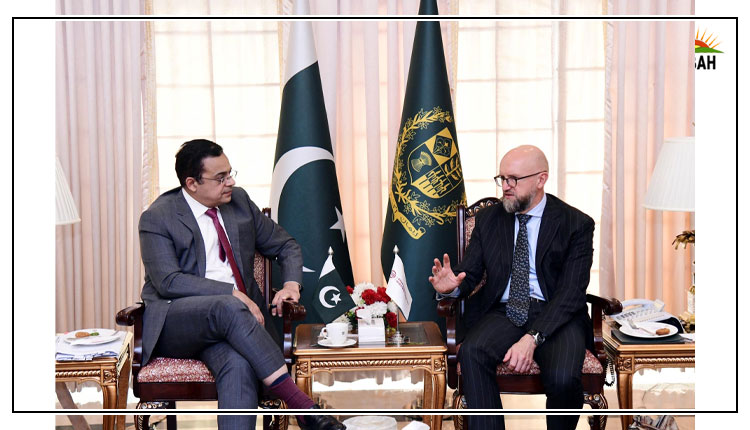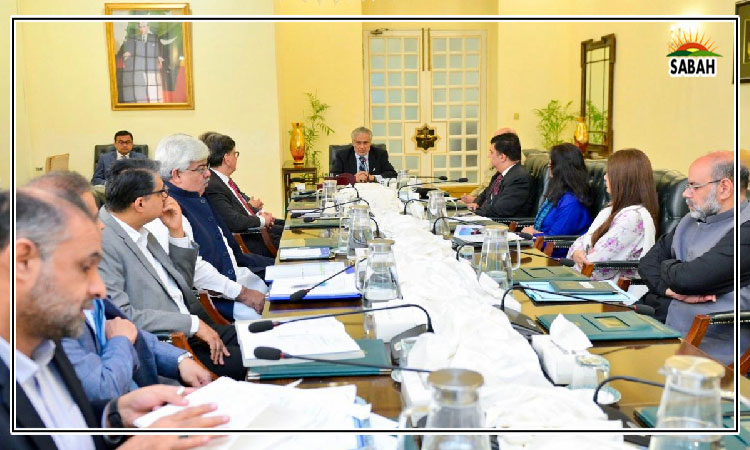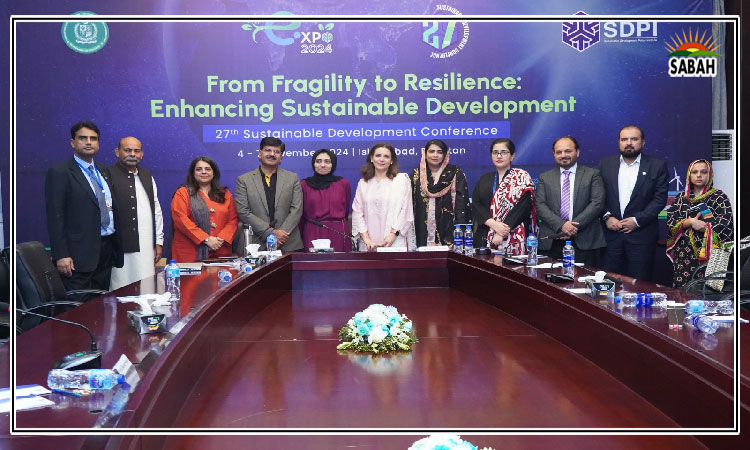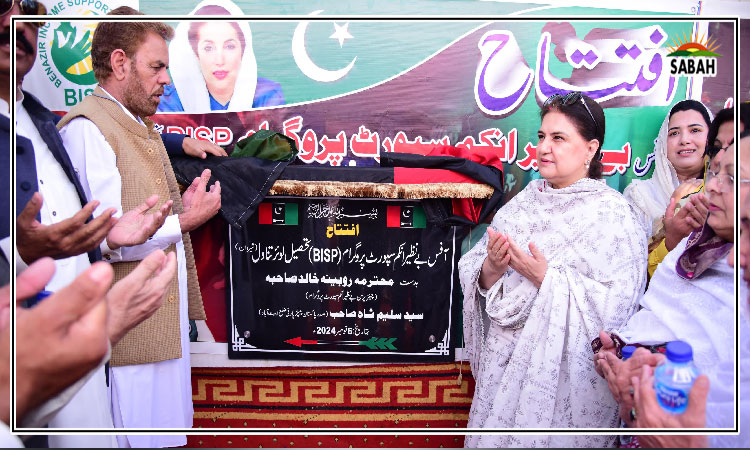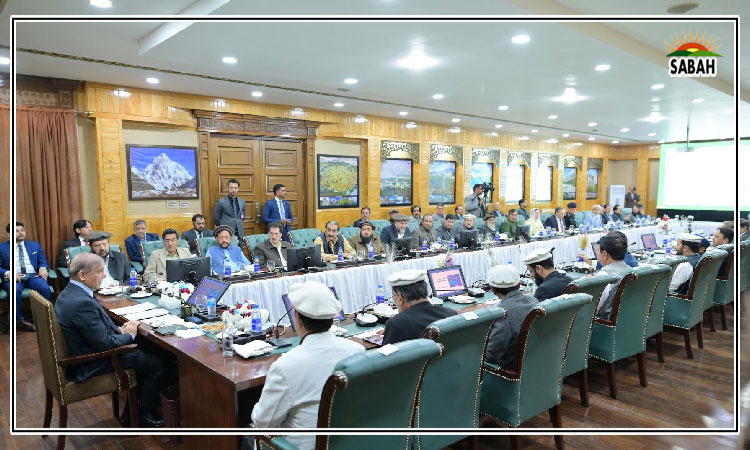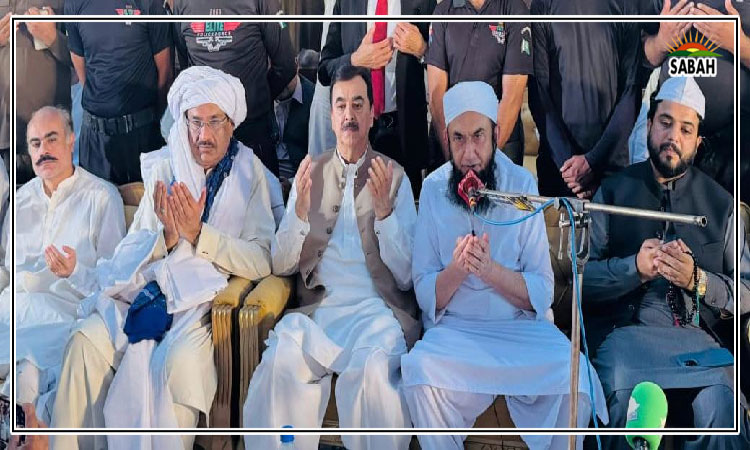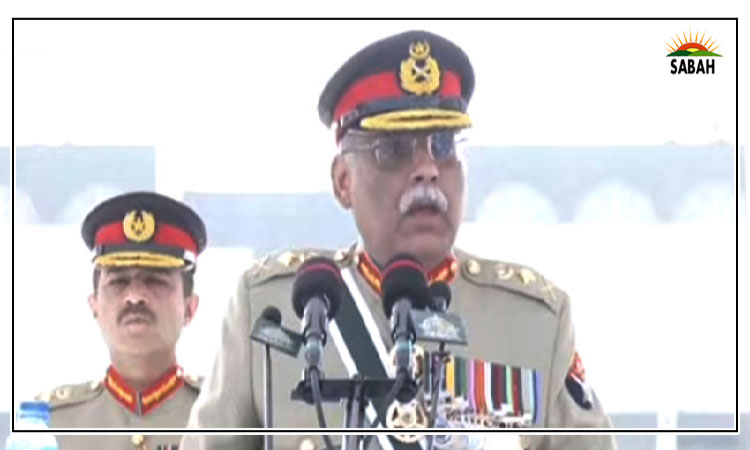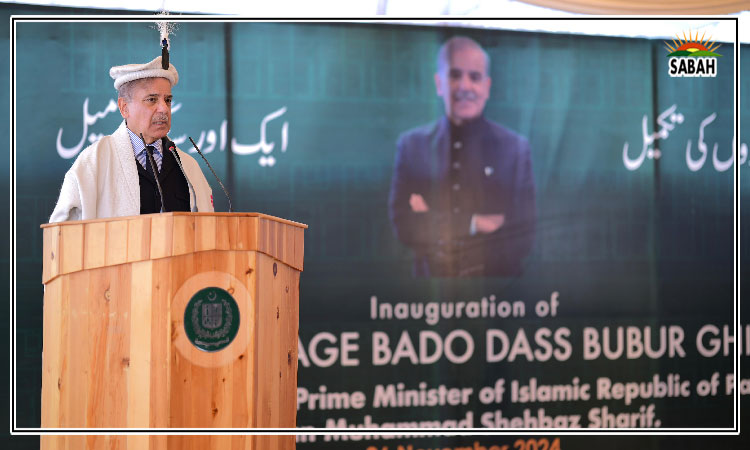Shamed, slaughtered and silenced…Dr Rakhshinda Perveen
March is characterised by Pakistan Day and the beginning of spring, both occasions for jubilation. However, it also evokes memories of a tumultuous period in history, becoming a tremendously tormenting month for all those who, as Pakistani Biharis, have faced intergenerational trauma for decades.
Let me venture to take a look at the 23rd of March 1971 when the Pakistani flag was not hoisted anywhere in the countrys eastern wing except the Governor House, President House and Cantonments. Everywhere else, there was the green and red flag of Bangladesh alongside a black flag as a sign of protest and mourning. In March 1971, Pakistan Armys Eastern Wing Commander Tikka Khan launched Operation Searchlight on the orders of General Yahya Khan, the military dictator, to crush the Bengali nationalist movement. As part of the operation, the army launched an assault on the university campus. This is seen as the deadliest university attack in history from a Bangladeshi perspective. Regardless of the etiology of pathogenic politics, it remains a fact that seeds of hatred and injustices were nurtured, and the value of human life was ignored. I am not an expert in determining who did what, why, or what caused the Fall of Dhaka, and offering a verdict on the guilty parties.
A vast majority of the young and middle-aged people in Pakistan and Bangladesh in the post-1971 years have no connection with this complicated and painful past. I have often highlighted these aspects in my published pieces. I reiterate that no one should deny the discrimination experienced by our Bengali brothers and sisters. Yet, at the same time, no one should disregard the sacrifices made by the Bihari community in former East Pakistan for patriotism. Two wrongs do not make one right. No human rights philosophy can justify the massacre of a patriotic community. Their genocide is often overlooked, and the rape and sexual offences committed against their women are ignored. It is concerning how such instances of brutal and selective amnesia can hinder sustainable foreign policy with Bangladesh.
International relations should not be solely influenced by emotions. However, some inevitable facts cannot be ignored for fear of evoking emotional responses. One such set of facts relates to Pakistan and Bangladesh regarding a community known as Biharis, who paid an unbelievable price for their patriotism and love for a united Pakistan. The dismembering (also known as the revenge of India) of East Pakistan is not a high-priority topic in Pakistans academic sector and activism industry.
The media seldom discusses it, and if there is any discussion, it is carefully curated. Many popular news anchors and journalists gained extraordinary eminence due to their bold stance on the legitimacy of the birth of Bangladesh. Similarly, many famous human rights and womens rights activists almost built a career by celebrating Victory Day with their Bengali and Indian sisters and like-minded communities. There should be no issue with either of these stances, as one should practically believe in freedom of choice and expression. On a personal level, though, I hold one hurtful sentiment.
It must be understood and accepted that former East Pakistani Bengalis were oppressed by the elites of West Pakistan, but there are still people like me who are naive enough to justify the extremely inhumane series of experiences endured by Biharis. The worst sufferers to date are a good number of three to four hundred thousand stateless stranded Biharis stuck in the ghettos of Bangladesh. Betrayed by Pakistan, scorned by nationalists in both countries, and abandoned by academics and experts on foreign relations and security, they remain a hub of embarrassment and misfortune.
Being a woman, an intersectional feminist, and a Bihari, I am sure of one irrefutable truth. In all this mess, the torture, trauma and tyrannies endured by the women of my community were shelved. From a military dispassionate point of view, they were just another collateral damage. From their own communitys perspective, their tales must remain covered, as the conventional idea of honour makes the raped women dishonoured rather than the rapists. I would observe a no comments strategy on the role of poets and intellectuals who chose to look away and preferred to romanticise Bengal. These include my favourite ones, Faiz Ahmed Faiz and Nasir Kazmi, too. The saddest and cruelest position is of the so-called liberal activist section of Pakistan, who have failed to pay even an iota of attention to these forgotten women.
The book, Blood and Tears, penned by the late journalist and diplomat Qutbuddin Aziz in 1974, not only preserved the harrowing saga of servility but also documented the details of the media blackout that played a critical role in one of the bloodiest slaughters of modern times, which largely went unreported in the international press.
Time has changed, and technology has advanced. It would be vain to tamper with history. What is required is to learn from history by applying a humane lens and being fair. Certainly, it is an act of courage, and courage is not only exotic but also expensive. I hope and pray that in the coming years, not only the political circles but also indigenous feminist movements and their global allies will look at the women of the Bihari community, who, like many other communities of women, were abused in a conflict where they had no say. Their bodies were converted to the battlefields, without their consent. Those who escaped slaughter were forced by patriarchal norms to remain in silence and shame. And yes, it is also time to elevate ourselves from frivolous egos and view these women as equal and as elegant as any Punjabi, Sindhi, Baloch, Pashtun, or Pakistani women of any ethnic origin.
Courtesy The Express Tribune


